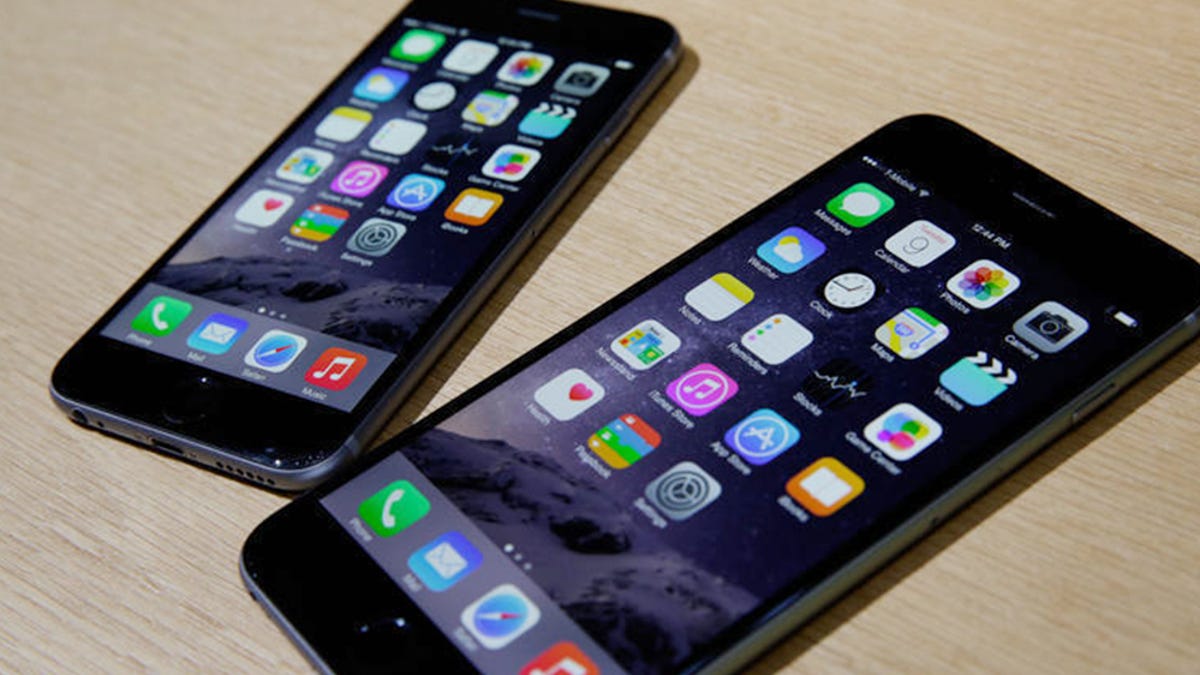Apple's Cook: Don't fret -- China growth remains strong
In a rare move, Apple's CEO emails Jim Cramer, a host on the CNBC business network, to reassure investors about sales in a very important region.

Apple CEO Tim Cook wants investors to stop worrying about China.
The head of the world's biggest public technology company on Monday emailed CNBC host Jim Cramer to say that despite concerns in the stock market, Apple has "continued to experience strong growth for our business in China through July and August." He added that growth in iPhone activations has "actually accelerated over the past few weeks" and that Apple's App Store posted its best performance of the year in China during the past two weeks.
"Obviously I can't predict the future, but our performance so far this quarter is reassuring," Cook wrote, according to a tweet by Carl Quintanilla, another host at CNBC, the business-focused television network. "Additionally, I continue to believe that China represents an unprecedented opportunity over the long term as LTE penetration is very low and most importantly the growth of the middle class over the next several years will be huge." (LTE is a wireless communications technology that will bring higher-speed, higher-quality service to China.)
An Apple spokeswoman confirmed Cook sent the email but declined to comment further. The company hasn't yet set the date it will report its next quarterly earnings.
The comments by Cook were an unusual move for the executive. Apple typically stays mum about its financial performance until its quarterly earnings reports. But the company's stock has dropped in recent weeks on worries about volatility in China. On Monday, the Chinese stock market recorded its biggest drop in eight years in what the Chinese media has dubbed "Black Monday." Concerns about an economic slowdown have hurt the country, as well as any companies or countries connected to China.
Apple's stock slid 4.1 percent to $101.40 on Monday. Shares closed at $130.75 the day Apple reported its fiscal third-quarter earnings but have steadily dropped since then.
Apple in July reported third-quarter earnings that were better than analysts estimated, and its revenue was largely in line with expectations -- but it wasn't the blowout Wall Street has gotten used to. The company also projected weaker fourth-quarter sales than anticipated and said it sold fewer iPhones in the third quarter than analysts expected, 47.5 million versus the 49.4 million anticipated by Wall Street.
The results showed that not even Apple may be able to avoid the recent slowdown in the mobile market and in China. The company's iPhone sales jumped, but they weren't as strong as analysts had expected. And Apple's weaker outlook for the September quarter raised worries that things could get tougher as the year goes on. The iPhone 6S , expected in September, likely won't have as many drastic changes as last year's iPhone 6 -- and that means consumers may not be rushing to buy the new device.
China remained one of the strongest regions for Apple during the June period, with sales more than doubling to $13.2 billion. Cook during a call with analysts in July called the results in the region "outstanding." He noted that while the recent problems in the stock market could cause some "speed bumps" for Apple, he still expected China to become Apple's biggest market.
The country surpassed the US to become Apple's biggest iPhone market in the March quarter, and it has topped Europe as the second-biggest revenue generator overall after the Americas. But China could become less of a sure bet for Apple if the region's economy slows and demand starts to dry up. In July, Gartner revised its annual growth forecast for smartphones downward, in large part because of the cool-down in the region.
It's been a strong run for China -- and companies selling products in that country. China became the world's largest smartphone market in 2011 and now is home to more than half a billion smartphone users. The introduction of larger-screen phones with the 4.7-inch iPhone 6 and 5.5-inch iPhone 6 Plus (versus the 4-inch iPhone 5S) helped Apple gain a bigger presence in the country, as did a January 2014 agreement with China Mobile, the world's largest wireless carrier, with more than 800 million subscribers.

